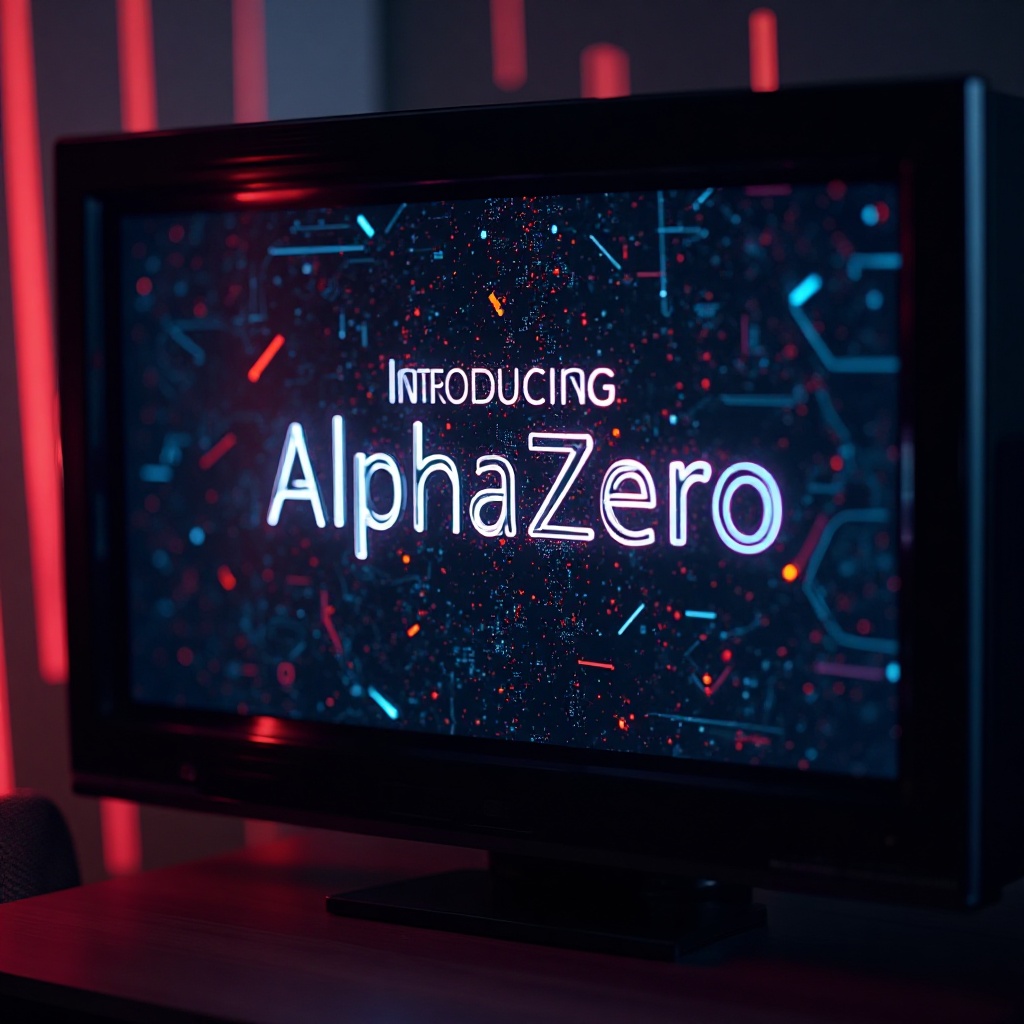
Computer chess history is the history of shifting technological paradigms, from brute-force computations of the 1990s to intuitive, self-teaching systems of today. From IBM’s Deep Blue to Google DeepMind’s AlphaZero is an enormous development in artificial intelligence, from explicit coding to self-learning machines.
The brute-force triumph of Deep Blue
Before Deep Blue, no computer had ever defeated a reigning world chess champion in a regular match. That was all set to change in 1997 when IBM’s supercomputer took on grandmaster Garry Kasparov in the highly anticipated rematch. Deep Blue was not brilliant in the human sense but more of a brute computing machine, programmed to go through 200 million chess positions every second using an “alpha-beta pruning” strategy. Its creators, Feng-hsiung Hsu and Murray Campbell, paired this immense processing capability with a massive library of games played by grandmasters and meticulously hand-designed evaluation rules. Deep Blue won a narrow six-game match 3.5–2.5, which was widely seen as a symbolic shift for AI. Its triumph was nonetheless brought about by specially designed hardware and direct human expertise, not by true independent reasoning.
The self-taught intuition of AlphaZero
Two decades later, a whole new breed of chess AI came on the scene with an entirely new style. Developed by Google DeepMind in 2017, AlphaZero was a generic algorithm that could learn the game of chess by means of self-play alone. Unlike Deep Blue’s reliance on programmed experience, AlphaZero was given nothing but the basic rules of the game. It played millions of games against itself, using a deep neural network and a strategy called “reinforcement learning” to improve its strategy and learn its own knowledge of the game.
AlphaZero’s potential was demonstrated in a match against Stockfish, the best traditional chess software available at the time. Although it considered 80,000 positions per second—well below Stockfish’s 70 million—AlphaZero’s deep “intuition” allowed it to focus only on the most important moves, and it played a brilliant game. In 100 games, AlphaZero won 28, drew 72, and lost none.
A new comprehension
The divergence of Deep Blue and AlphaZero reveals to us a profound shift in artificial intelligence. Deep Blue was the culmination of a programming philosophy built on brute-force search and human-constructed knowledge. AlphaZero, on the other hand, learned to be intuitive and creative on its own, discovering approaches that people had not encountered. Its victory opened up new avenues for AI research, demonstrating that super-capable, general-purpose computers could learn to excel at complicated tasks without being tailored to human knowledge. From Deep Blue’s brute force to AlphaZero’s nuanced intuition is a definitive chapter in the evolution of AI, irrevocably changing our perspective on what machines can be trained to do.
